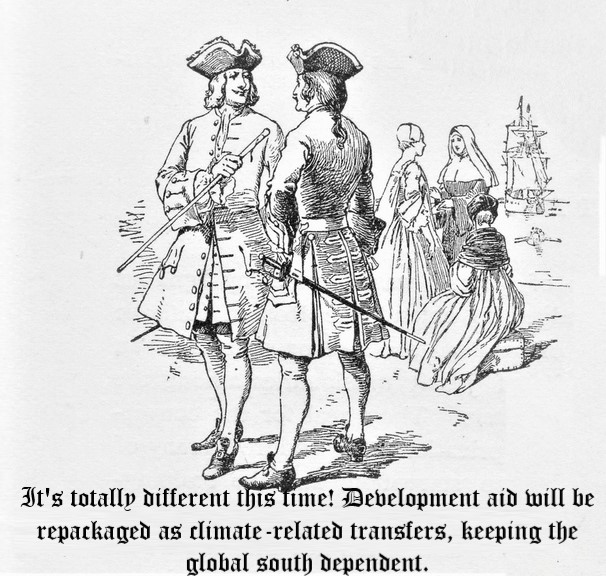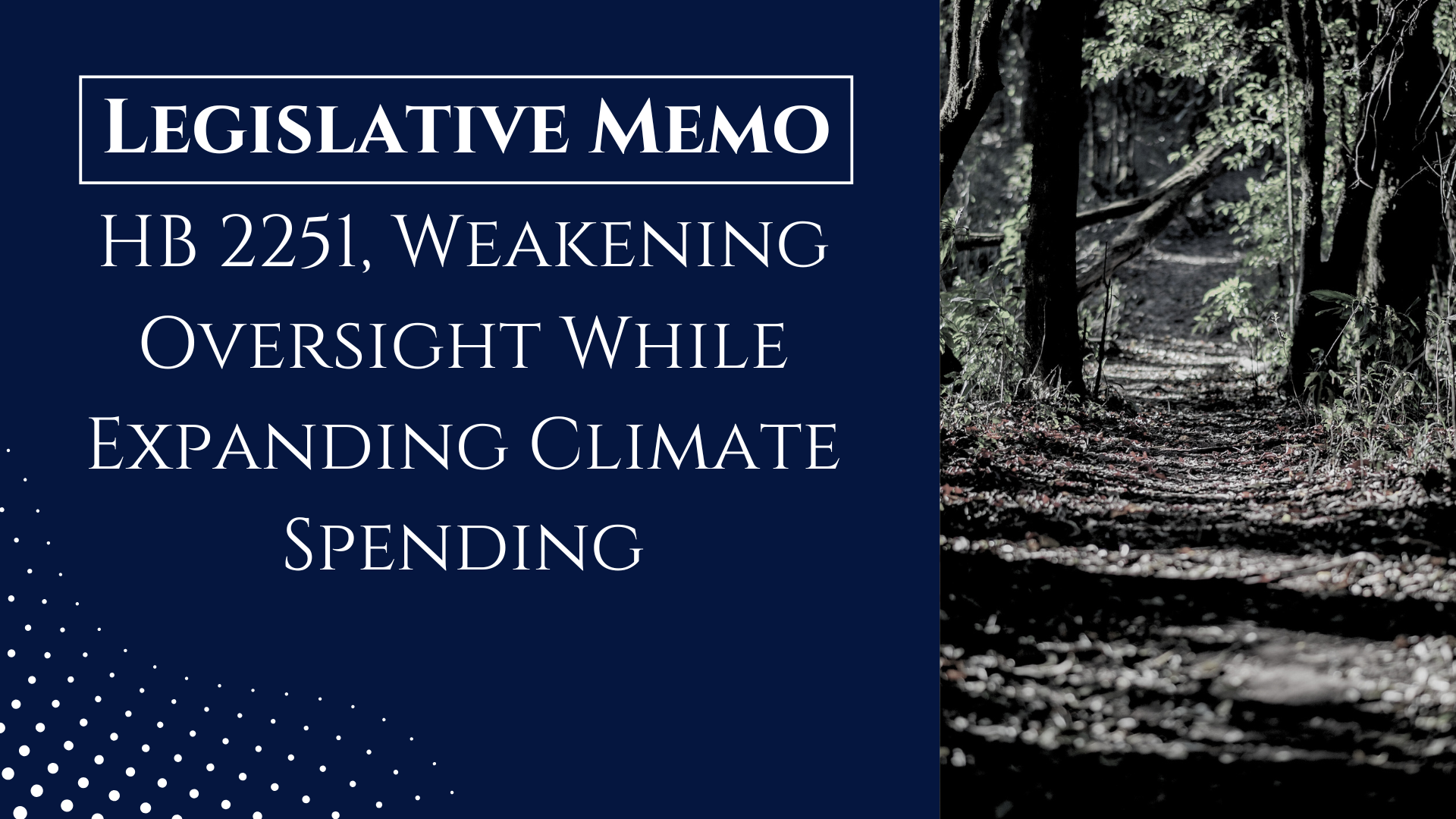A proposal from Sen. Reuven Carlyle to tax institutions that finance fossil fuel infrastructure comes with a big claim: “To achieve economic and social transformation, it is essential that every private and governmental institution…contribute to this effort.” The belief that politicians can guide such a massive transformation without costly and harmful consequences is imprudent at best.
Indeed, SB 5967 could have serious costs for those least able to afford them and contribute to what energy analyst Vijaya Ramachandran calls “green colonialism.”
The legislation would impose a tax on “specified financial institutions that are bankers of fossil fuels.” The goal is to provide a disincentive to invest in new infrastructure for fossil fuels, which includes oil and gas “production,” “exploration,” “services,” “marketing,” “pipelines,” and other investments. For many what comes to mind might be the Keystone Pipeline or drilling in North Dakota. The projects most likely to be hit by this proposal, however, are those who can least afford them: developing countries in Africa and elsewhere.
Sen. Carlyle said he got the idea to tax financial institutions comes from last year’s climate conference in Scotland, COP 26. That concept has come under serious criticism because while the developed countries of the West already have significant energy infrastructure, African and other developed countries lack access to energy.
In her article in Foreign Policy, Ramachandran noted that making it difficult to finance “gas projects would practically end support for the critical energy infrastructure necessary to support economic development and raise living standards—including electricity for homes, schools, and factories; industrial heat for producing cement and steel; the carbon dioxide that is an essential component of synthetic fertilizer; and liquefied gas for transportation and cooking fuel.”
Indeed, access to natural gas would significantly improve the lives and health of billions of people across the globe. She wrote, “About 3.8 million people die prematurely each year from the effects of indoor air pollution, according to the World Health Organization. The vast majority of these deaths occur among the 2.6 billion people in poor countries who still burn wood, coal, charcoal, or animal dung indoors for cooking.” Replacing those sources of fuel would not only improve the health and lives of people in developing countries but would reduce the pressure to cut down forests for cooking and heating, which is one of the primary causes of global deforestation.
Ramachandran’s conclusion is blunt. Proposals like this are “the rich world telling the global south to stay poor and stop developing, which under no scenario is possible without a vast increase in energy use. Instead, development aid will be repackaged as climate-related transfers, keeping the global south dependent. The accelerated transition to renewable energy being pushed on Africa by developed countries and their aid agencies, Ugandan President Yoweri Museveni wrote in an op-ed last month, ‘stands to forestall Africa’s attempts to rise out of poverty.’”
There is a great deal of talk about “climate justice” in Washington state these days. If the legislature rushes this legislation through in the final hours of the session, it will be a good indication that those words mean little and will be one more example that politicians who believe they can promote “economic and social” transformation often end up doing more harm than good.






